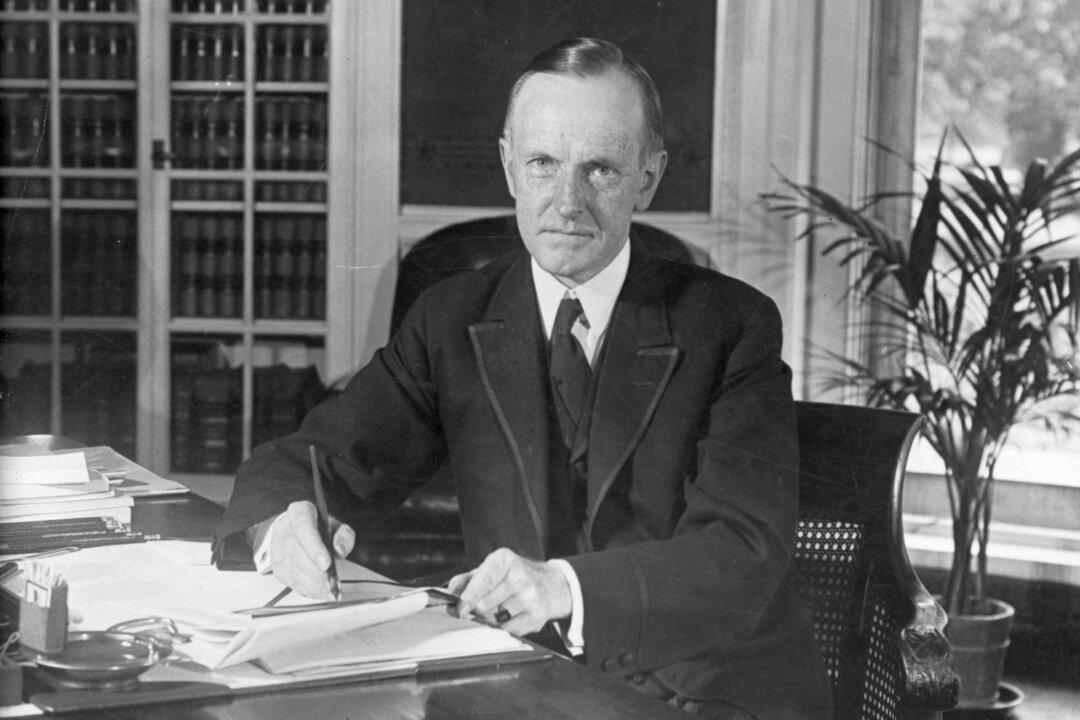Commentary
One hundred years ago today—on a chilly March 4, 1925—President Calvin Coolidge was inaugurated again after his reelection the previous November. He is a classic example of a man far wiser than all the critics who underestimated him.

One hundred years ago today—on a chilly March 4, 1925—President Calvin Coolidge was inaugurated again after his reelection the previous November. He is a classic example of a man far wiser than all the critics who underestimated him.